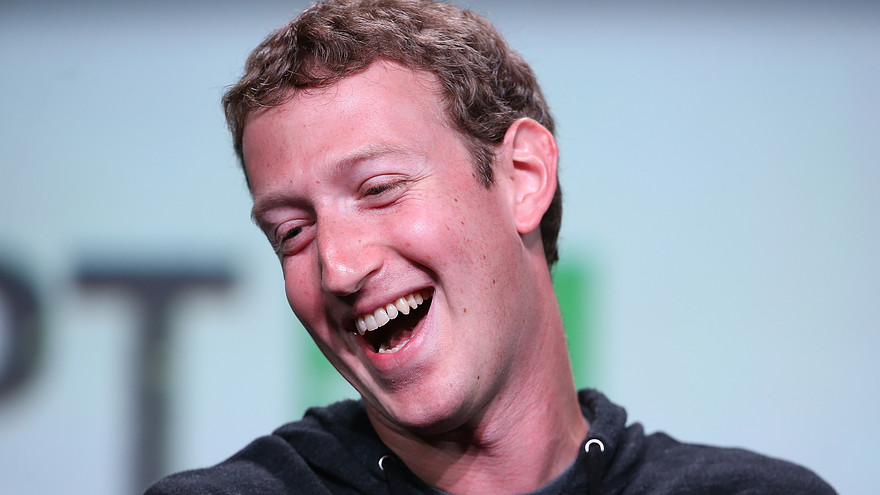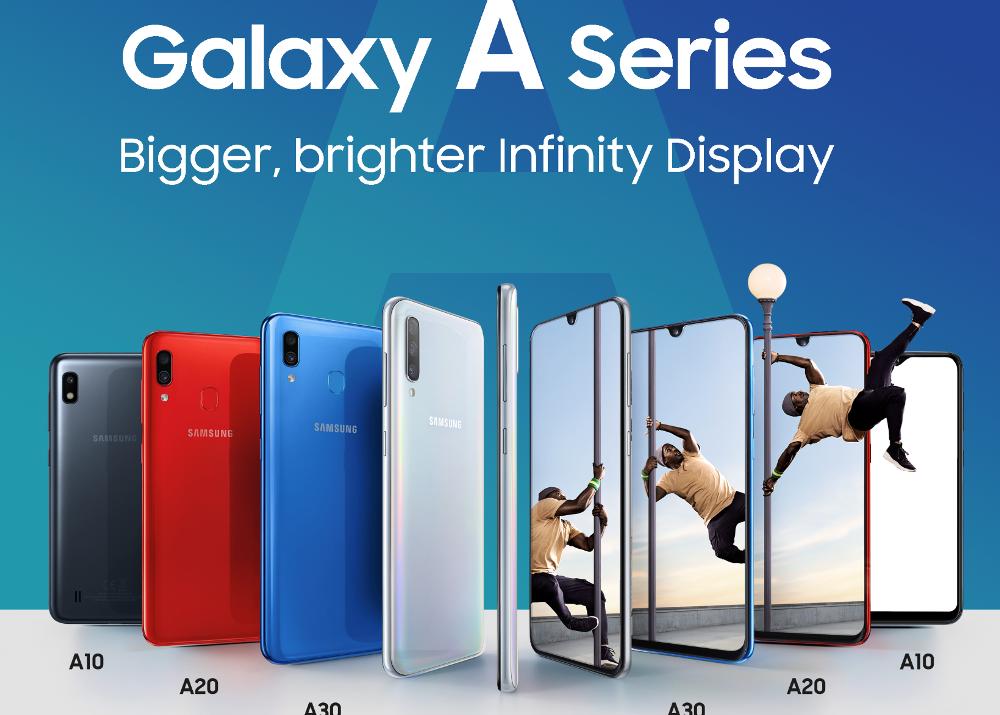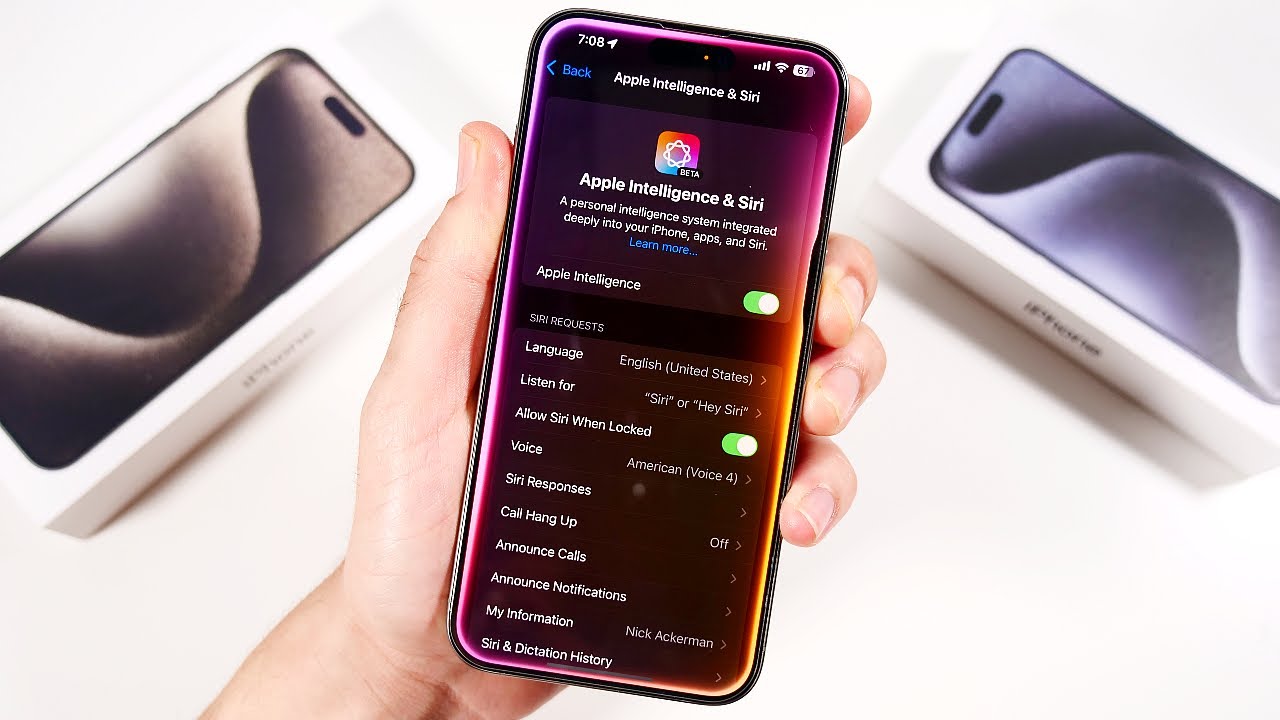A lot of people ridiculed Mthuli Ncube when he suggested that Netflix should pay taxes to Zimbabwe. I didn’t understand why people took that stance – Netflix is providing a service to Zimbabweans and making thousands from it (that’s a guess on my part). Why shouldn’t government tax them?
Anyway, Nigerians are mulling a similar policy for online purchases. The government is considering a 5% VAT for online purchases. Considering that it’s difficult to get the companies to pay this tax, the West African government could get banks to act as agents to be the ones who deduct the 5% from bank cards making online purchases.
What will be the impact?
There are questions on whether or not this will incentivise people to use cash instead (affecting the “cashless economy” push) and hurt the eCommerce sector in Nigeria. That’s a valid consideration to make since 5% is a significant amount which might tip the scale between buying online and just going to the store instead.
eCommerce in Nigeria is said to be growing but there are still fears of fraud and theft and a 5% tax -if effected- will be yet another reason for the sceptical to stay away from making online purchases.
Is this becoming the norm?
The idea of charging taxes for online services still sounds absurd because it’s basically a new phenomenon but the world over governments are starting to consider the move. The logic is simple (from government perspective); if you’re making money from our citizens the government should get a piece of that pie. UK MPs have called for a social media tax, France already introduced a similar tax and South Africa is also taxing Netflix. Uganda taxed citizens and it seems the impact of that tax was ana abysmal failure as citizens stopped using the services to avoid the tax.
One argument has been the tech giants have a presence in all those countries and thus it makes sense that they pay tax, but it’s not like the companies weren’t paying taxes at all before the introduction of these newer taxes. In the UK’s case, for instance, the issue is that the taxes being paid are based on profits and not revenues which the government feels robs them of significant amounts. Similarly, if Netflix is making revenues in Zimbabwe (or any other African government), it’s not too crazy for that government to say they would want to tax these companies.













